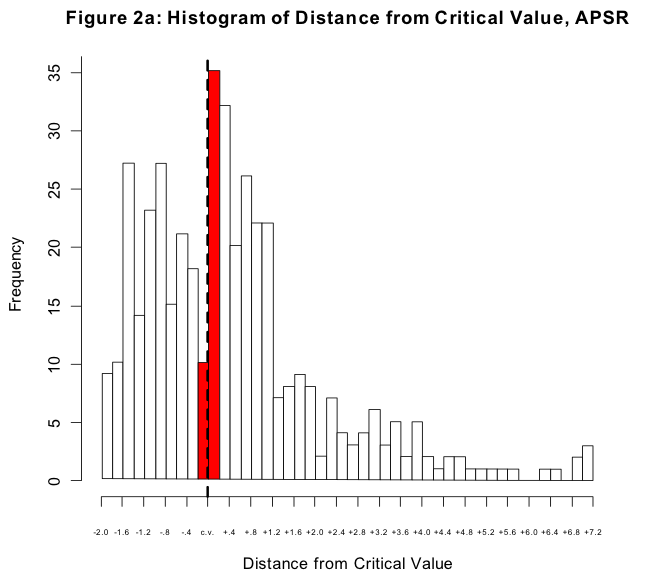The war on science driven by a combination of Republican* ideology and corporate cash has been ably documented by Chris Mooney (see the Crooked Timber seminar here). Now, finally, science is striking back at one of the worst corporate enemies of science, ExxonMobil. As evidence of human-caused global warming has accumulated, leading energy companies like BP have seen the need to respond, with the result that industry groups like the Global Climate Coalition have broken down, leaving ExxonMobil to carry on a rearguard action through a network of shills and front groups. Now the company is finally being exposed by a major scientific organisation.
In an apparently unprecedented move, the British Royal Society has written to Exxon, stating that of the organization listed in Exxon’s 2005 WorldWide Giving Report for ‘public information and policy research‘, 39 feature
information on their websites that misrepresented the science on climate change, either by outright denial of the evidence that greenhouse gases are driving climate change, or by overstating the amount and significance of uncertainty in knowledge, or by conveying misleading impression of the potential impacts of climate change
(full copy of the letter here)

